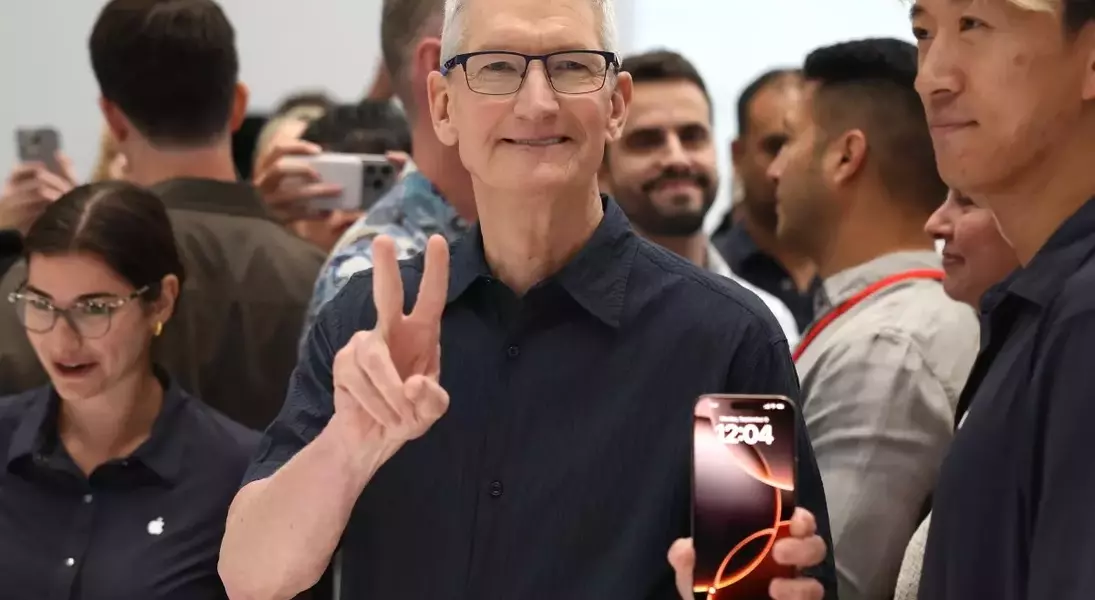
During a recent earnings call, Apple CEO Tim Cook addressed the company’s approach to artificial intelligence (AI), particularly focusing on its partnership with OpenAI and the emerging player DeepSeek. Cook highlighted the importance of efficiency-driven innovation in AI models, emphasizing Apple’s hybrid strategy that balances local processing with cloud-based solutions. While praising DeepSeek’s advancements, Cook also acknowledged concerns surrounding the Chinese AI lab’s training methods and potential policy violations. The discussion also touched upon Apple’s cautious expansion into AI integration, including the possibility of incorporating models from other providers like Google or Anthropic. Despite some setbacks, such as misleading headlines generated by Apple Intelligence, Cook remains optimistic about the long-term benefits of AI for the company.
In a candid conversation during an earnings call, Apple’s CEO Tim Cook shared insights into the company’s evolving relationship with AI technology. Cook expressed admiration for innovations that enhance operational efficiency, specifically referencing DeepSeek’s AI models. He explained that Apple employs a hybrid model for AI processing, where simpler tasks are handled locally using custom silicon chips, while more complex computations are managed through cloud partnerships. This approach ensures optimal performance while maintaining user privacy and security. Cook emphasized that Apple has always approached AI investments with caution, ensuring each decision is well-considered and aligned with the company’s strategic goals.
Cook’s comments came amid growing scrutiny over DeepSeek’s AI development practices. Recent allegations suggest that DeepSeek may have utilized OpenAI’s models inappropriately, potentially violating usage policies. If true, this could cast doubt on DeepSeek’s claimed achievements. However, despite these concerns, Cook chose to commend DeepSeek’s contributions to the field. Additionally, he indicated that Apple’s partnership with OpenAI is not exclusive, leaving the door open for future collaborations with other AI providers, such as Google’s Gemini or Anthropic’s Claude. This flexibility underscores Apple’s commitment to exploring various AI solutions that best serve its users.
The earnings call also shed light on Apple’s phased rollout of AI features. Investors were keen to understand how these new capabilities have impacted iPhone sales. Cook noted that while overall sales saw a slight decline compared to the previous year, regions where Apple Intelligence had been introduced showed stronger performance. This suggests that the AI features are gaining traction in areas where they are available. Nonetheless, Apple has encountered challenges, including the temporary suspension of its AI-generated news summaries due to inaccuracies. These issues highlight the ongoing need for refinement and careful implementation of AI technologies within the company.
Apple’s journey into AI integration reflects a balance between embracing cutting-edge technology and exercising prudence. The company’s hybrid AI strategy, coupled with selective partnerships, positions it to leverage the benefits of AI while mitigating risks. As Apple continues to explore opportunities with various AI providers, it remains committed to delivering innovative yet reliable solutions to its users. The recent developments underscore the importance of responsible AI development and the potential for significant advancements in the tech industry.
